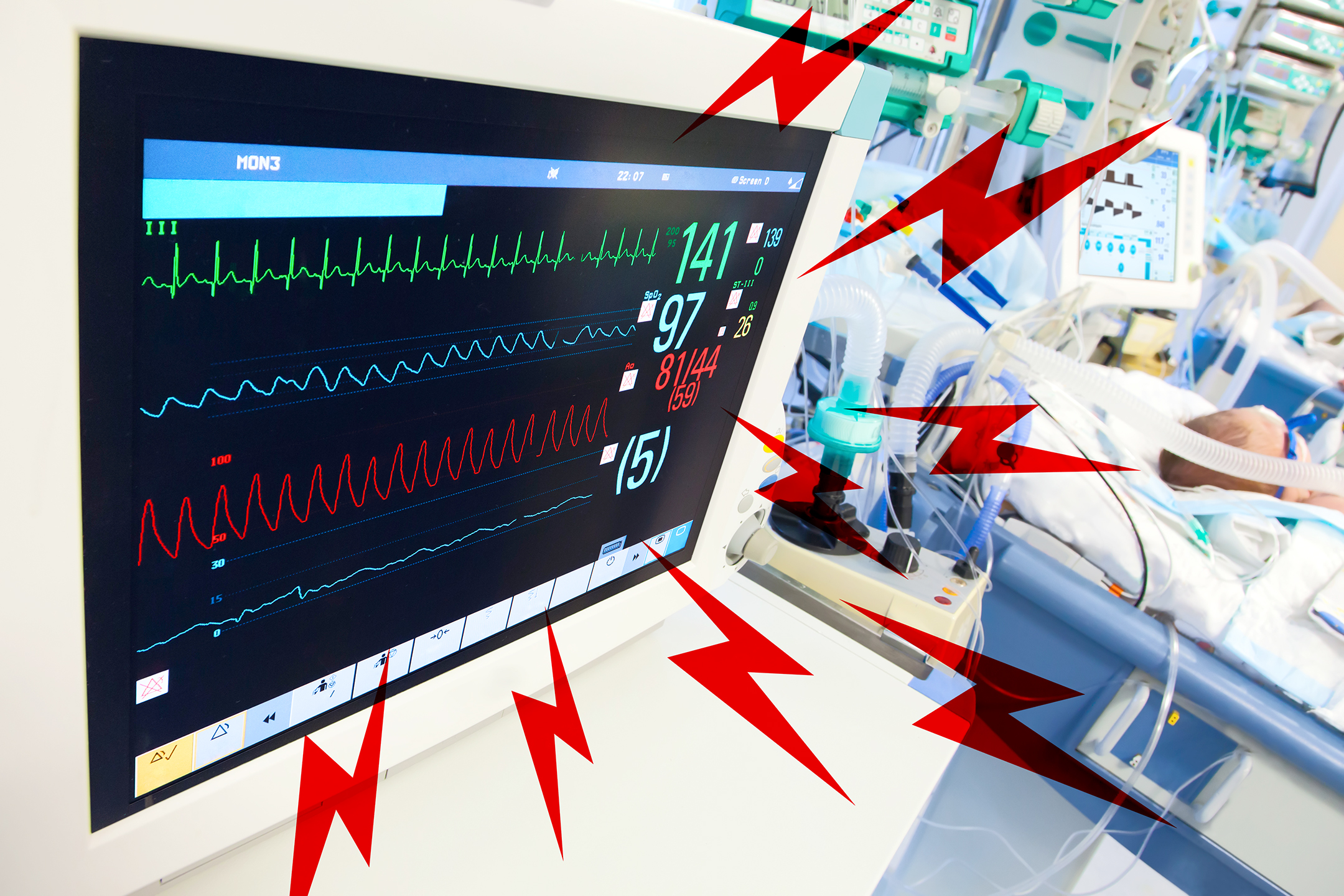The sounds are echoing in your head. You can hear them when you’re eating, when you’re trying to chat with friends, and even in your sleep. It is the sound of beeping alarms. High pitched noises that are made to alert you to changes to your patients — but after 10 or 12 hours of constant noise, these alarms can implant themselves in your mind while turning a deaf ear in your brain.
Alarm fatigue is not a silly concern, but a serious patient-safety issue that has been brought to the forefront as more and more electronic monitoring is used. One study done by Critical Care Medicine, showed that in one week a pediatric intensive care unit had 2,176 alarms go off. It was found that 94% of the signals were false alarms. With statistics as high as these, it is critical to address three important ways for NNP’s to deal with alarm fatigue in the neonatal intensive care unit.
1. Remember: Monitors are Not Humans
Monitors are merely computerized sensors that return data. While this data is extremely crucial to monitoring your patients, this information can be faulty if the sensors are not used correctly. It is helpful to remind yourself to rely upon your own eyes and senses as you assess a patient versus just looking at a monitor.
To receive the right information, ensure that the monitoring equipment is not only placed properly but is maintained appropriately. The inner workings of the computerized equipment need to be cleaned as well as the electronic connections. In busy hospitals, it is imperative to ensure that all equipment is kept in good working order as it is used 24 hours a day, 7 days a week without a break.
2. Teach the Family and Staff the Importance of the Alarms
As an experienced NNP, it is easy to look at a monitor when it is alarming, quickly assess the situation, and turn off the alarm. If you were to repeat that same action 40 times in one day, others might do it too. This can lead to possible errors in the future as someone might turn off an annoying alarm when something really is wrong.
One hospital, when moving NICU babies into private rooms, found that adjusting parameters for each patient helped to reduce the number of alarms that would go off. They created different settings based upon the baby’s gestational age, diagnosis, and care status. Additionally, an escalation system was built into the monitors that if an alert was not dealt with within 15 seconds, another nurse would be notified.
3. Set Dedicated Quiet Times for You to be Refreshed
When your shift is over, take some time and purposely turn off loud noises. Here are some ways to reset your brain:
- Find a quiet place and meditate for 10-15 minutes.
- Listen to calm, relaxing music.
- Perform deep breathing exercises for 60-90 seconds.
- Have a set Do Not Disturb timeframe on your phone.
- Take a walk outside and purposely look at your surroundings.
What ways have you dealt with alarm fatigue on your unit? We’d love to hear from you. Leave your comments in the section below.


